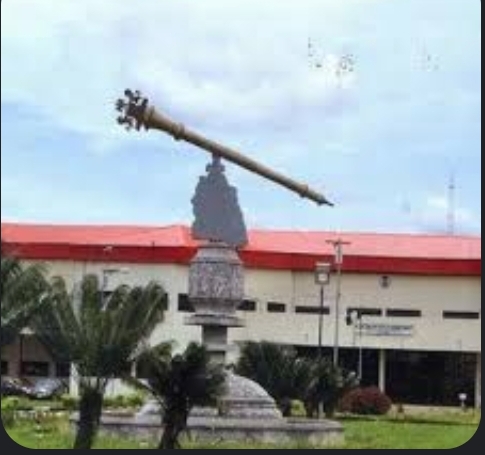Ini Billie, Uyo
The Akwa Ibom State Governor, Mr Umo Eno has presented a budgetary outlay of N845.632 billion for the 2024 Financial Year to the State House of Assembly.
The budget which has recurrent expenditure of N352.917 billion and capital expenditure of N492.715 billion represents a decrease of 0.5% from the 2023 revised budget.
While presenting the Appropriation Bill to the house on Tuesday in Uyo, Governor Eno said the 2024 Budget, is christened “ARISE BUDGET FOR GROWTH AND EXPANSION”.
He explained that the budget is predicated on an oil benchmark of $73.96 per barrel at a production rate of 1.78 million barrels per day with an estimated exchange rate of ₦700 /US$, in line with the National Budget benchmark projections.
“Government has proposed a total budgetary outlay of N845.632 billion for the 2024 Financial Year as against the approved revised provision of N850.000 of 2023 representing a decrease of 0.5% from the 2023 revised budget.
“This is made up of Recurrent Expenditure of N352.917 billion, Capital Expenditure of N492.715 billion, total ₦845.632 billion.
“The total projected Recurrent Revenue for 2024 is estimated at ₦561.000 billion as against the approved revised provision of ₦540.850 billion representing 3.7% increase in revenue projection for the year 2024,” he stated.
The governor mentioned the strategies to be adopted by the government for implementation of the budget to include partnership with foreign investors to invest in relevant and key sectors of the economy and undertake robust human capital development.
“Widen the industrial base of the State through rapid industrialization and investment activities by providing enabling environment for the private sector to thrive. This is to enhance the availability of goods and services for domestic use as well as for export.
“Achieving at least 10% increase in IGR by eliminating evasion in payment, wastages and leakages in collection and expenditure and developing tourism potentials.
“Stimulate the Agricultural and Agro-allied industries to boost production of local farmers to ensure food sufficiency for local consumption, exports as well as the provision of raw materials for the industries.
“Expand and maintain infrastructure and services in Health-Care Delivery at Primary and Secondary levels and to safeguard the State against any further public health emergencies after COVID-19 pandemic,” among others he stated.

